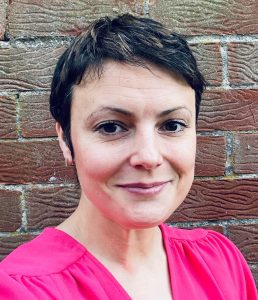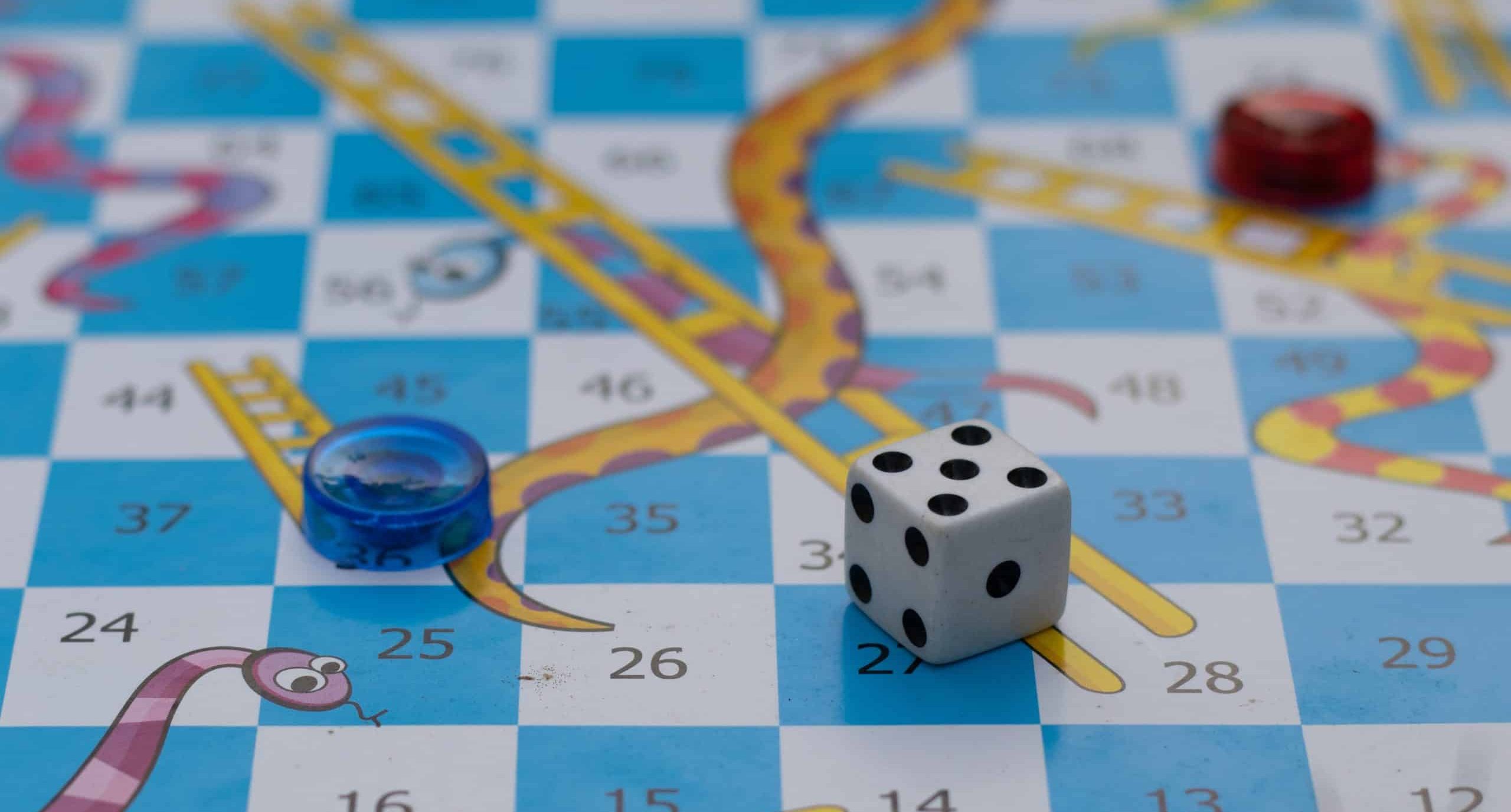 Emilie Couchman is an academic GP, currently undertaking a PhD with the Mesothelioma UK Research Centre at the University of Sheffield and working as a GP on a part-time basis in Northumberland. Her Twitter handle is @DrEmilieCouch
Emilie Couchman is an academic GP, currently undertaking a PhD with the Mesothelioma UK Research Centre at the University of Sheffield and working as a GP on a part-time basis in Northumberland. Her Twitter handle is @DrEmilieCouch
In today’s society, blame is rife. It seems that people need to have someone to blame for mistakes, someone who can be held accountable. The population’s patience and tolerance for error seems to have reduced, and we have forgotten what it is to be human. This feels like a dangerous threat to professions that thrive on human interaction.
Many of us entered into general practice, perhaps naively, under the illusion that we could know our patients as the traditional family doctor once did.
Many of us entered into general practice, perhaps naively, under the illusion that we could know our patients as the traditional family doctor once did. The idea of having a human connection with our patients lured us in. Within the current primary care system however, we often find ourselves unable to form sufficiently meaningful doctor-patient relationships, and unable to reap the benefits of continuity in practice, that we are so familiar with on paper.
A phrase that keeps coming to my door is: ‘It’s not any individual member of staff’s fault; it’s the system’s fault’. For how long can we continue to blame things on the system? Well, quite frankly, until the government listens to frontline workers (or those at a distance with relevant expert knowledge). This is essential to inform commissioning and service provision to meet patient need and to provide a system flexible enough to provide clinicians with the autonomy to do so on a case-by-case basis. We are a hardy bunch though, and I am certain that we can (and already do) think creatively to find homegrown solutions to this endemic problem that benefit our local populations and extrapolate from there.
Flexibility is inherent in the nature of many GPs. We frequently don’t know what is coming through the door next, yet somehow have the ability to make patients feel safe and heard in a short amount of time. Uncertainty accompanies many illnesses along their trajectories, and as GPs, we are in a privileged position to stand side-by-side with patients to navigate this doubt. Individualised care is essential, particularly when uncertainty prevails, as such patients often do not fit neatly into predetermined referral pathways or treatment plans.
We have to work ‘part-time’ … in order to ward off burnout, and keep us working within a system that can be so stressful if fully immersed in it.
The careers of GPs have become increasingly flexible. Over recent decades, as a profession, as have found new ways of working. We have made difficult choices about how to maintain our altruistic fire burning, despite us having to jump through hoops that are determined by those without a clear vision of what is truly important, detracting from our ability to care for patients in a way that is best for them. We have to work ‘part-time’, we have to pursue other career aspects, in order to ward off burnout, and keep us working within a system that can be so stressful if fully immersed in it. So, though ‘part-time’ working hinders continuity and therefore detracts from the very essence of what most GPs want to have with their patients, it is a necessary evil given the mountain of both clinical, and unseen, non-clinical work required of us.
I despise the term ‘part-time’. I have a varied career that allows me to raise my children, satisfy my clinical need to support patients and undertake academic work to improve future clinical practice. I hope that I won’t sink under the pressure of the current system, and the self-imposed variety of my career is designed to prevent this. I cannot change NHS primary care, but I can change my own practice. I can radiate a certain culture to those around me, and I can have difficult discussions with clinical and managerial colleagues when required.
Featured photo by VD Photography on Unsplash






